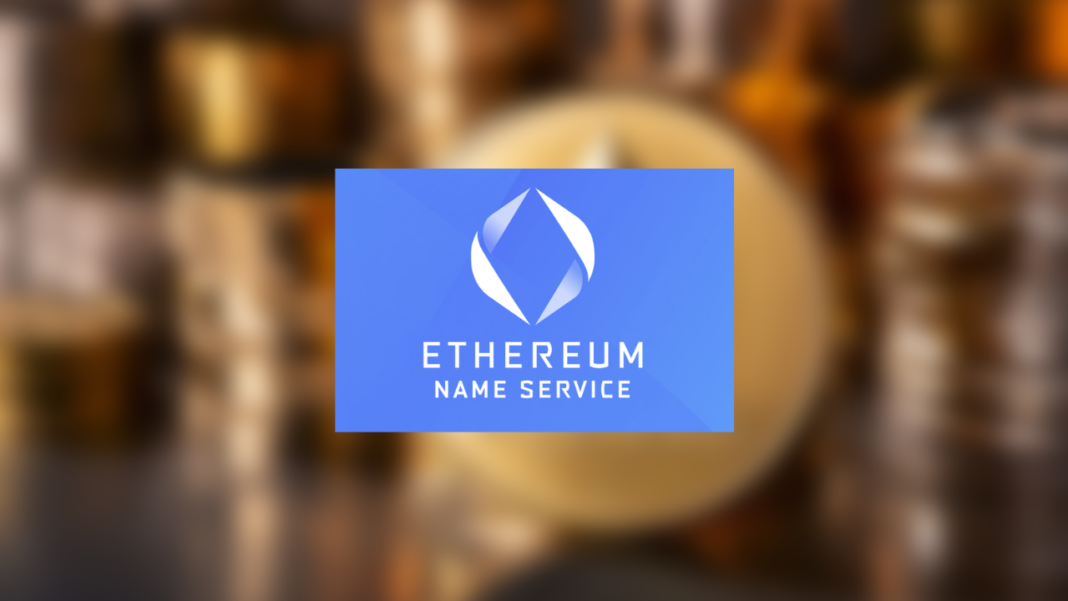While crypto is revolutionary in a lot of parameters, there is one basic thing that instantly makes it a tough proposition for a lot of the general public: wallet addresses. It is safe to say that typing a 26-35 digit address in order to transfer funds is not a viable option ever. Moreover, for the tech that aims to replace the traditional financial systems, this process should ideally be much simpler. And that’s where Ethereum Name Service (ENS) comes in.
Ethereum Name Service (ENS) is to crypto what Domain Name System (DNS) is to the Internet. It is a distributed, open and expandable naming system that interacts with the Ethereum blockchain. The system maps human-readable names to machine-readable names such as wallet addresses.
With this, users can create their own domains through which they can transfer funds without dealing with complex addresses. Moreover, it also reduces the chances of input errors while typing out the wallet addresses.
How does ENS work?
Every owner that has a domain name is present inside the ENS. When a user purchases a domain, he becomes a “registrant”. This is because he must register that domain on the ENS. “Registry” is responsible for all the monitoring, recording, and tracking of a domain.
“Registrars” are smart contracts allocating the subdomain names to the owners. There is a permanent registrar that governs that manages all the “Registrars”.
The algorithm used to process domain names registered on the ENS is “namehash.” Namehash comes to replace the human-friendly names on the ENS system. This is because it functions only with a finite length of 256-bit cryptographic hashes. Representing names in this manner is exclusive to the ENS.
Difference between ENS and DNS
Unlike DNS, ENS is decentralized and native to the Ethereum ecosystem. Due to this, it doesn’t suffer from the security issues that DNS system faces. For example, Google’s threat analysis group monitored over 180,000 attacks on DNSs as well as on other network targets.
Fortunately, ENS doesn’t suffer this and the Ethereum blockchain secures this system.
Related Stories:

